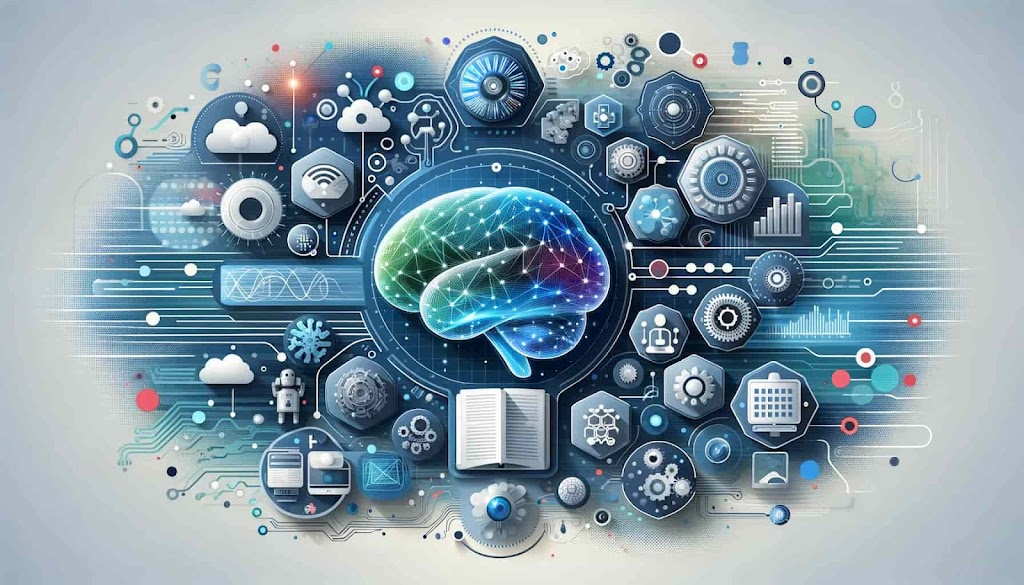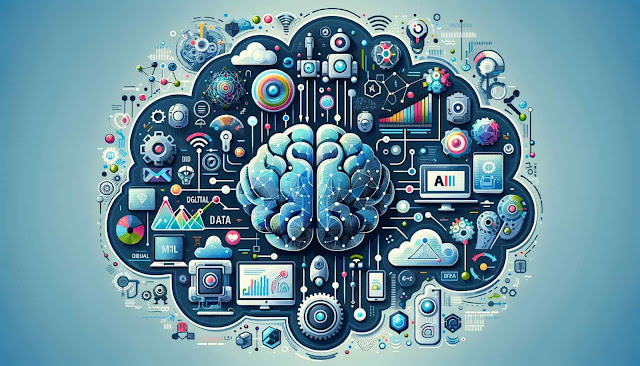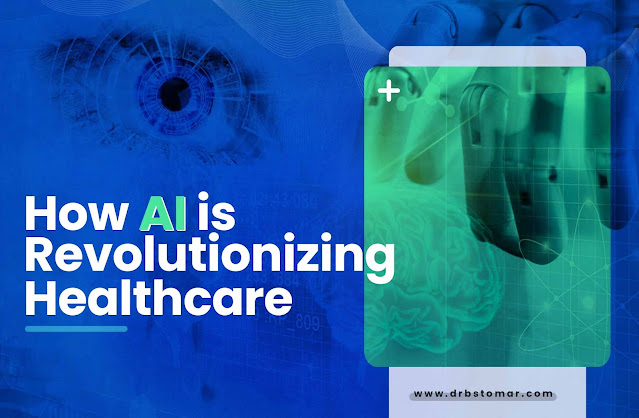Latest Trends in Artificial Intelligence and Machine Learning
In the dynamic world of technology, Artificial Intelligence (AI) and Machine Learning (ML) are reshaping our everyday lives with groundbreaking innovations. As we delve into 2024, it’s crucial to stay abreast of the latest trends that are defining the future of these technologies.
AI and Everyday Life: AI is no longer a far-fetched concept; it’s a reality interwoven into our daily routines. From personalized product recommendations on e-commerce platforms to smart home devices, AI is enhancing the user experience through its intuitive understanding of human behavior and preferences. This infiltration of AI into everyday life is making technology more accessible and user-friendly.
Advancements in Machine Learning Algorithms: The core of AI’s evolution lies in the continuous development of machine learning algorithms. These algorithms are becoming more sophisticated, allowing machines to learn and make decisions with minimal human intervention. This trend is particularly evident in sectors like healthcare, where predictive analytics are used for early disease detection, and in finance, where algorithmic trading is becoming more prevalent.
The advancements in Machine Learning (ML) algorithms represent a significant leap in AI developments, playing a pivotal role in the application of AI in everyday life. These advancements focus on enhancing the efficiency and accuracy of machine learning models, allowing them to process and analyze data more effectively. Newer algorithms are being developed to handle complex tasks like natural language processing, image recognition, and predictive analytics with greater precision. These improvements are not just technical but also aim at making ML algorithms more accessible and user-friendly, enabling wider adoption across various industries. The progress in ML algorithms is a cornerstone in the evolution of AI, making it more integrated and influential in our daily routines and business operations.
Healthcare and AI: One of the most significant impacts of AI is in healthcare. AI developments are revolutionizing diagnostic procedures, patient care, and treatment methodologies. From robotic surgeries to AI-driven diagnostics, the accuracy and efficiency of healthcare services are reaching new heights.
In healthcare, AI’s role is transformative. AI developments have revolutionized diagnostics, patient care, and treatment options. By integrating advanced machine learning algorithms, AI can analyze medical data with exceptional accuracy, aiding in early disease detection and personalized medicine. This integration of AI in healthcare not only enhances patient outcomes but also streamlines hospital operations, making healthcare services more efficient and effective. The synergy of AI and healthcare is a testament to how technology can significantly improve the quality of life.
AI in Business: In the business world, AI-driven analytics are enabling companies to make more informed decisions. AI tools are being used for market analysis, customer service, and operational efficiency. The integration of AI in business processes is not only optimizing performance but also opening new avenues for innovation.
In the business world, AI is a game changer. It’s reshaping how companies operate, from automating mundane tasks to providing deep insights into market trends. AI-driven analytics help businesses understand their customers better and make more informed decisions. Machine learning algorithms, in particular, are pivotal in sorting through vast amounts of data to identify patterns and predictions that humans might miss. This AI integration helps businesses stay ahead of the curve, offering them a competitive edge in a rapidly evolving market. In essence, AI in business isn’t just about efficiency; it’s about smart, strategic growth.
Ethical AI: As AI becomes more embedded in our lives, the focus on ethical AI is growing. This involves ensuring that AI respects privacy, prevents bias, and operates transparently. Ethical considerations are becoming a cornerstone in AI development.
Ethical AI is all about ensuring AI technologies are developed and used responsibly. It emphasizes the importance of creating AI systems that are transparent, unbiased, and respect user privacy. With AI becoming more integrated into everyday life, it’s crucial that these systems don’t perpetuate societal biases or infringe on individual rights. Ethical AI focuses on building trust and accountability in AI systems, ensuring they serve society positively and fairly. It’s about harnessing the power of AI developments and machine learning algorithms for good while being mindful of their impact on people and communities.
AI and Environmental Sustainability: AI is also playing a role in promoting environmental sustainability. Through predictive analytics and efficient resource management, AI is helping in the fight against climate change and in the conservation of natural resources.
AI’s role in environmental sustainability is increasingly significant. By utilizing advanced machine learning algorithms, AI can efficiently analyze environmental data, aiding in climate change research and natural resource management. This technology helps in predicting weather patterns, monitoring wildlife, and managing energy consumption, contributing significantly to sustainable practices. AI’s ability to process large datasets quickly and accurately enables more effective decision-making in environmental conservation, showcasing how AI developments can be pivotal in protecting our planet. Essentially, AI is not just shaping our daily lives but is also a vital tool in our quest for a sustainable future.
AI in Education: The education sector is also benefiting from AI. Personalized learning experiences, automated grading systems, and AI tutors are making education more interactive and tailored to individual needs.
AI in education is revolutionizing the learning experience. It personalizes education by adapting to individual learning styles and pacing, making education more effective and engaging. Machine learning algorithms can analyze student performance, offering tailored support and identifying areas needing attention. AI tools also streamline administrative tasks, giving educators more time to focus on teaching. By integrating AI in education, we’re not only enhancing the learning process but also preparing students for an increasingly digital world, where AI is an integral part. It’s a blend of technology and education, shaping the future of learning.
Challenges and Future Prospects: Despite its numerous benefits, AI faces challenges such as data privacy concerns, the need for large datasets for machine learning, and the risk of job displacement. However, the future of AI and ML looks promising, with continuous research and development aimed at overcoming these challenges and maximizing the potential of these technologies.
In conclusion, the integration of AI and machine learning algorithms in various sectors is not just a trend but a transformation. As these technologies evolve, they promise to further integrate into and enhance our everyday lives, opening doors to new possibilities and a more technologically advanced future.
If you want to learn about prompt engineering, the buzzword you might have heard nowadays, then you can refer to our article – Understanding the power of prompt engineering.
Conclusion
In conclusion, the latest trends in Artificial Intelligence and Machine Learning are setting a transformative course across various industries. From the nuanced use of machine learning algorithms in healthcare to the integration of AI in everyday life, these technologies are not just reshaping the present but also charting the future. AI developments are steering us towards more efficient, sustainable, and personalized experiences, illustrating the immense potential of these technologies. As we continue to innovate and ethically advance in AI and ML, we unlock new horizons for a smarter, more connected world.






